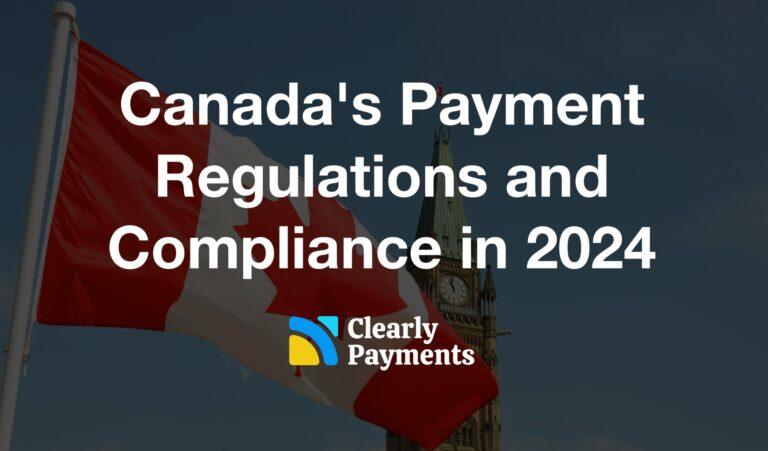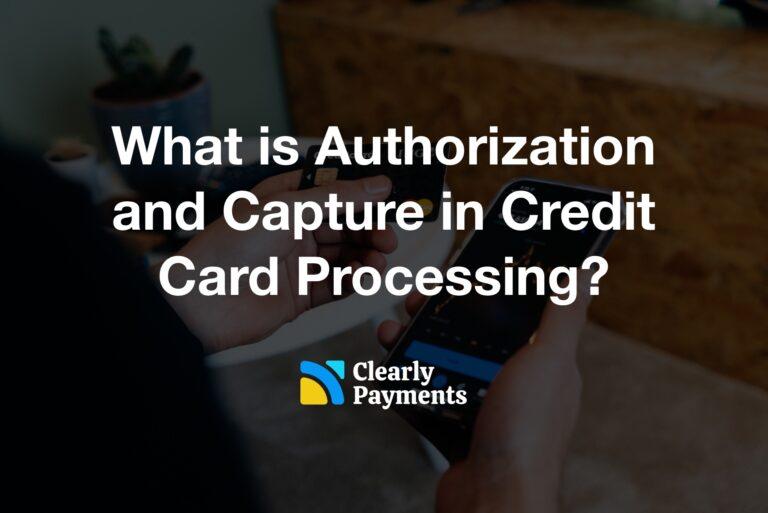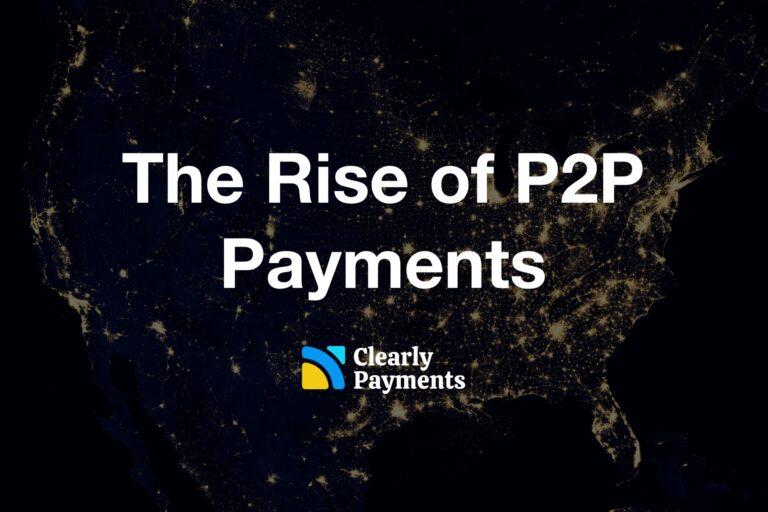We’re here to help you get the best credit card processing. Credit card processing, also known as merchant services, is notoriously difficult to understand. The endless options of payment pricing rates, different types of hardware, and the abundant choices of software make things a little exhausting.
Getting the best credit card processing rates are generally top of mind, however there are a number of factors you should consider when choosing the best credit card processor. In this article, we’ll cover the things you should look out for in a credit card processor.
Customer Service in Credit Card Processing
Between point-of-sales terminals, credit card machines, software, transfer of funds, huge amounts of data, and security, there are many moving parts in the payments value chain.
Things can go wrong at times. Sometimes the problems are as simple as a forgotten password or a connection issue. Occasionally there are mission critical hardware problems or red flags raised due to possible fraud. When things go wrong, you want a customer service team that is on your side, super accessible, and friendly throughout the process.
When looking at a credit card processor, seek out reviews, testimonials, and inquire about how you can get in contact with the customer service team. Test them out. Keep in mind, customer service is the primary reason merchants leave their current credit card processor. Having the best customer service in payments makes a world of difference.
The Best Credit Card Processing Rates
Credit card processing costs are arguably the most confusing part of payments. One big issue is that there is no consistent pricing method that is used across the industry. This is why we recommend to compare pricing using your “effective rate“.
Your “effective rate” is the average percentage per transaction that is charged to process a credit card. The effective rate in credit card processing includes all your fees: transaction, flat rate, monthly, etc. Many people think the percentage rate is the only thing to look at, but that is far from the truth. Look at all fees. The basic formula to get your effective rate is:
Effective Rate = Total Fees / Total Gross Sales Volume
Many customers come to us for our low rates. We help them see the difference of what they’re paying now compared to what they can pay with us.
The Best Credit Card Machines and Software
Credit card machines and software need to be simple and secure while offering all the ways your customers may want to pay. Businesses that can adapt their payment methods quickly create a better experience for customers. Today, you may only have in-store payments where customers pay at the checkout counter, however tomorrow you may want to adapt to online shopping, telephone ordering, curb-side pickup and more. The world is moving fast so you should be able to move fast too.
The best credit card processors will have a range of payment options and stay current with new technology while keeping the payment systems simple for your staff.
Credit Card Processing Contract Length and Cancellation Policy
Do not get locked into a contract. Period. Things change and your needs change. You need to ensure you work with a credit card processor that is flexible with how they work with you.
It’s common to see fee increases during the lifetime of an agreement. Many credit card processors will adjust their rates twice a year, almost certainly without verbally telling you. Typically a rate increase will be buried into the fine print of one of your monthly statements. The largest and most popular credit card processors do this consistently.
When this happens you want to make sure you have an easy way to switch to a new processor if the need comes to that. We’ve seen contracts that lock merchants in for multiple years with the only way to switch would be to pay hundreds or even thousands of dollars. Stay away from those contracts. At TRC-Parus, we have zero locked in contracts. You can switch any time for any reason.
When you are signing up for a new payment processor, specifically ask about the contract term and their cancellation policies. Make sure all assurances are in writing, even if it’s in an email.




